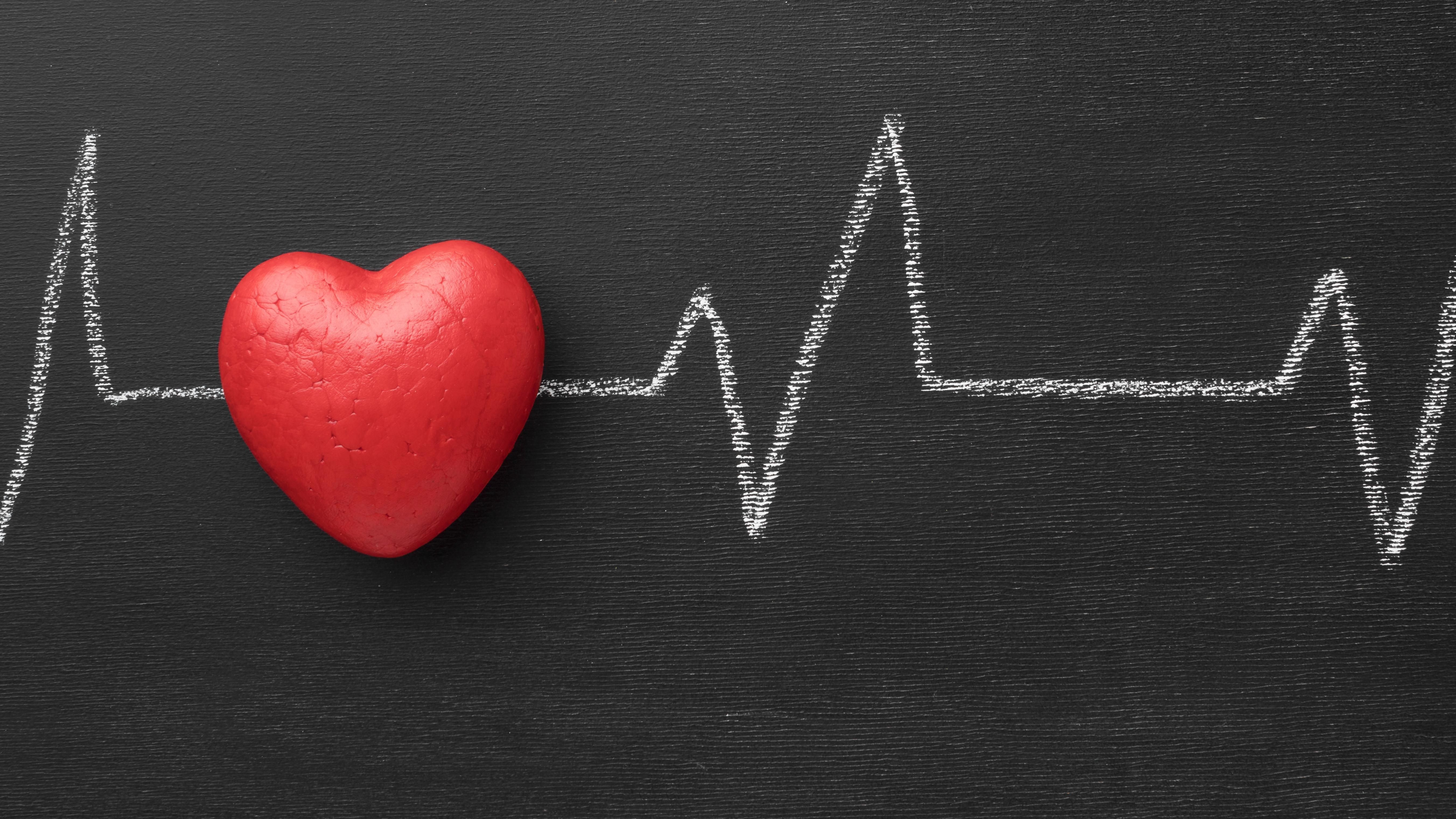
If you’ve survived an out-of-hospital sudden cardiac arrest (SCA), you know adjusting to your new life can be challenging – even overwhelming, both for you and your loved ones.
You’re among the lucky few to survive a SCA, but now you face a long road to recovery.
The recovery period – which includes additional treatment, observation, rehabilitation, and psychological support – is the last link in the out-of-hospital chain of survival for SCA.
Here’s five steps you and your loved ones can take to help navigate your recovery.
1. Know what to expect
Your road to recovery from a SCA will vary depending on numerous factors, including how quickly you received initial medical treatment – mainly CPR and having your heart shocked back into a normal rhythm by an automated external defibrillator (AED).
During SCA, the heart stops pumping blood to the brain and rest of body. Without oxygen-rich blood, brain cells begin to die within a few minutes. That’s why immediate bystander CPR and AED use is key to survival and minimizing the long-term impacts of a SCA.
If your brain function has been impaired by SCA, symptoms you may experience include:
- Difficulty with movement and coordination
- Difficulty concentrating
- Trouble swallowing
- Fatigue
- Forgetfulness
- Speech disorders
- Poor vision
You may have had surgery to fix the underlying problem that caused the SCA, so you’ll likely be monitored closely for progress and any complications.
2. Adjust to caring for a SCA survivor
Caring for a loved one who’s survived SCA present its own unique challenges.
You may be called upon to provide at-home care for your loved one, including helping them:
- complete daily tasks, such as getting dressed, eating, and moving around
- attend physical therapy
- take medications
- recover from surgery
- receive mental health services to address anxiety, depression, and stress
3. Join a support network
During your recovery, you might be unsure how to stay healthy, express your concerns, or deal with the trauma of having experienced a SCA. You may wonder if you’ll be able to return to a normal life.
Connecting with survivor support groups can help you and your loved ones communicate with others who share similar experiences. Talking with others can help you feel less alone while developing coping skills and effective approaches to recovery.
4. Develop your SCA prevention plan
Having a SCA puts you at increased risk for experiencing additional ones.
You may have had a small device called an implantable cardioverter defibrillator (ICD) placed under the skin in your chest or abdomen. It uses electrical pulses or shocks when it detects abnormal heart rhythms, including those that cause a SCA.
Working with your healthcare provider and your caretaker(s) to develop a plan that will meet your desired life and health goals is key to an effective recovery.
A broad care team can help keep you squarely on the road to recovery. Physical therapists, nutritionists, and mental health professionals can help you restore your body and mind. Regular exercise and proper nutrition can help you stay heart-healthy.
5. Drive SCAs awareness – especially responding in an emergency
Survivors of out-of-hospital SCA often express immense gratitude for the bystanders who jumped to help in their time of need. They advocate for more of the public to know to respond to someone in SCA – mainly calling 911, providing CPR and using an AED.
You can too.
At Starting Hearts, we can provide you with specific training for making a life-saving difference.
Contact us for more information: info@startinghearts.org
Aileen Aguilar-Frias is a healthcare writer.
